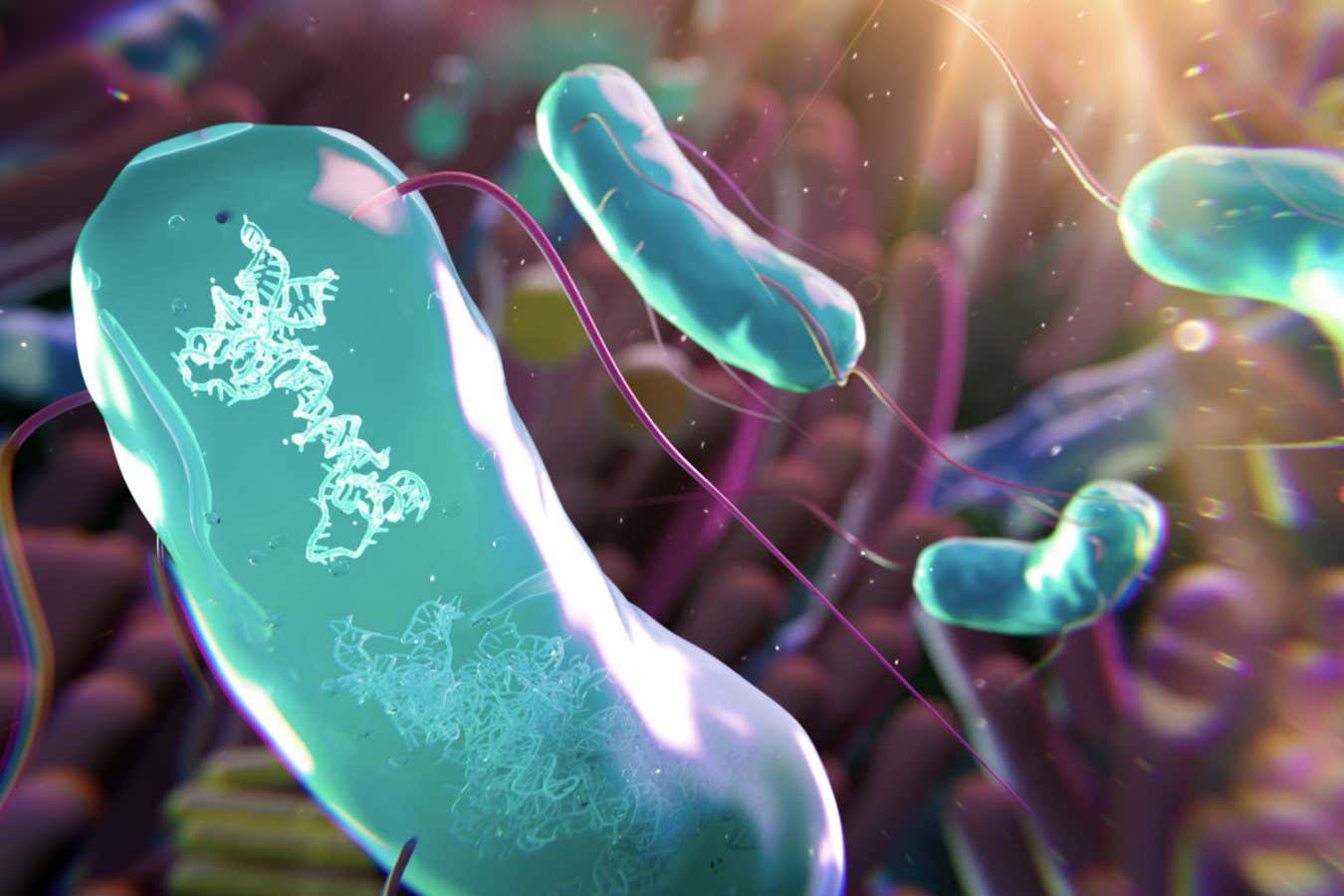Now Reading: Genetically Engineered Microbes Could Transform Human Microbiomes
-
01
Genetically Engineered Microbes Could Transform Human Microbiomes
Genetically Engineered Microbes Could Transform Human Microbiomes

Fast Summary:
- Researchers at Stanford University genetically modified gut bacteria, specifically Phocaeicola vulgatus, to help address health issues like kidney stones.
- Modifications enabled the engineered bacteria to digest oxalates (found in food and a contributor to kidney stones) as well as a carbohydrate from red seaweeds called porphyran. these tweaks helped the bacteria thrive in the participants’ microbiome.
- Experiments on rats showed a 47% reduction of oxalate levels in urine when treated with modified microbes compared to controls. In humans with enteric hyperoxaluria, there was a 27% reduction, though it wasn’t statistically meaningful due to small sample size.
- Mild gastrointestinal side effects like abdominal pain and diarrhoea occurred more frequently among participants treated with engineered microbes but were not serious.
- Genetic material from the modified bacteria persisted eight weeks after treatment concluded, indicating interactions between introduced and existing gut microbes that would need closer study for future safety assurance.
Image Caption: The human gut microbiome has a big influence on health (Science Photo Library/Alamy).
Indian Opinion Analysis:
The advancements in genetically engineering gut bacteria represent notable progress toward addressing some healthcare challenges such as kidney stones and potentially broader conditions linked to microbiomes-like inflammation or cancer prevention-through tailored microbial interventions. For India, where kidney stone prevalence is rising due to dietary habits and environmental factors such as increasing dehydration rates among populations exposed to heat waves, this research could offer targeted solutions aligned with precision medicine approaches.
However, caution remains key given unexplored risks around genetic exchange within human gut ecosystems and potential long-term impacts that require deeper research before widescale request. This can be especially important for India’s diverse populace prone to varying dietary patterns that shape unique microbiome compositions across regions-posing challenges for uniform efficacy.
As global adoption progresses, India may consider this progress’s implications within its public healthcare system while keeping ethical genomic monitoring central for robust implementation.




























